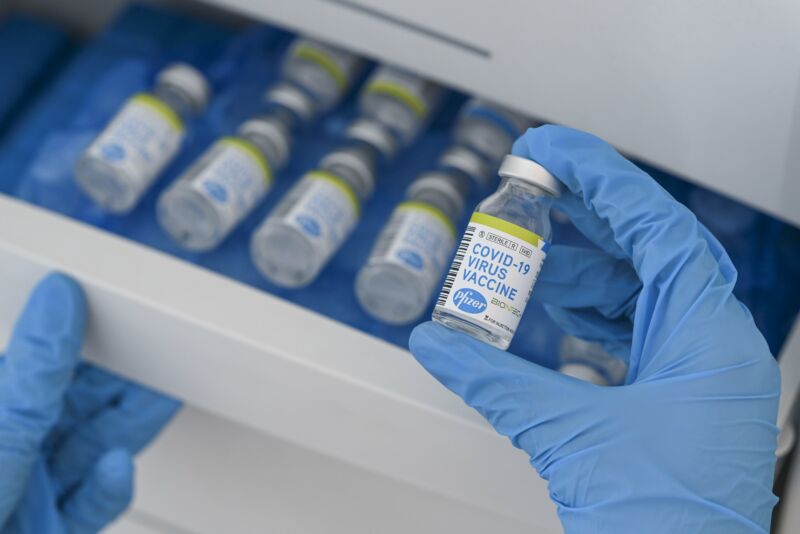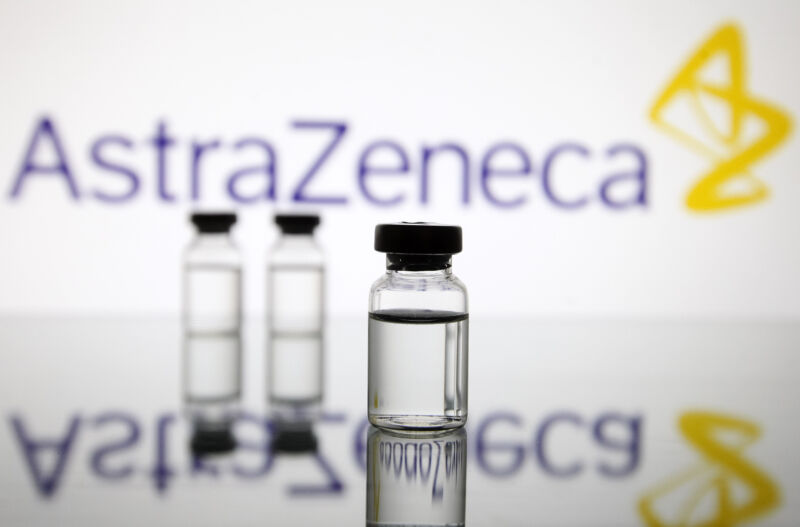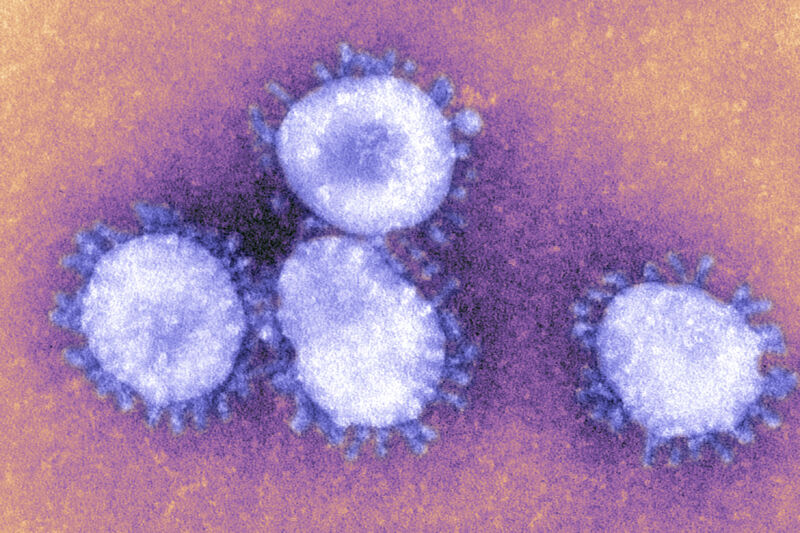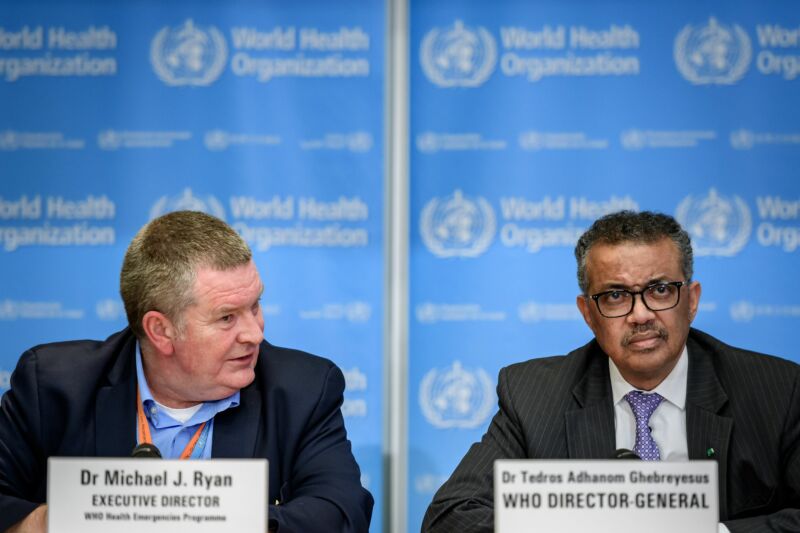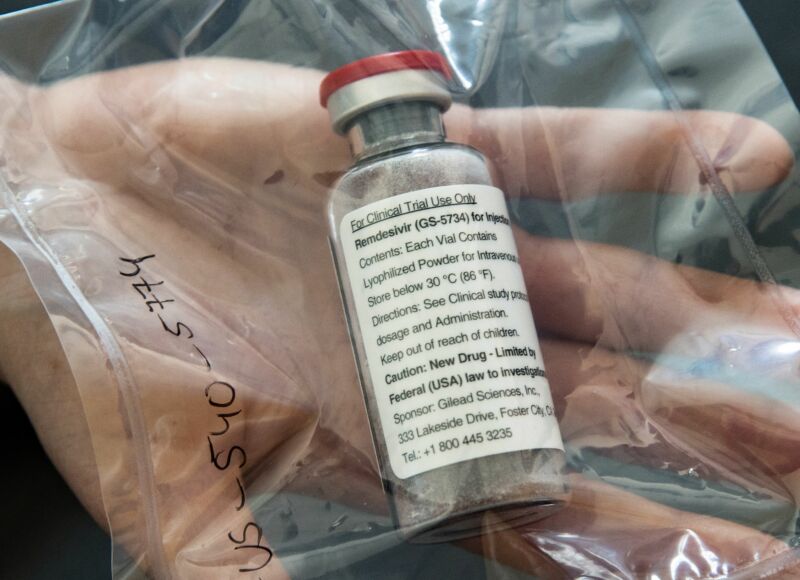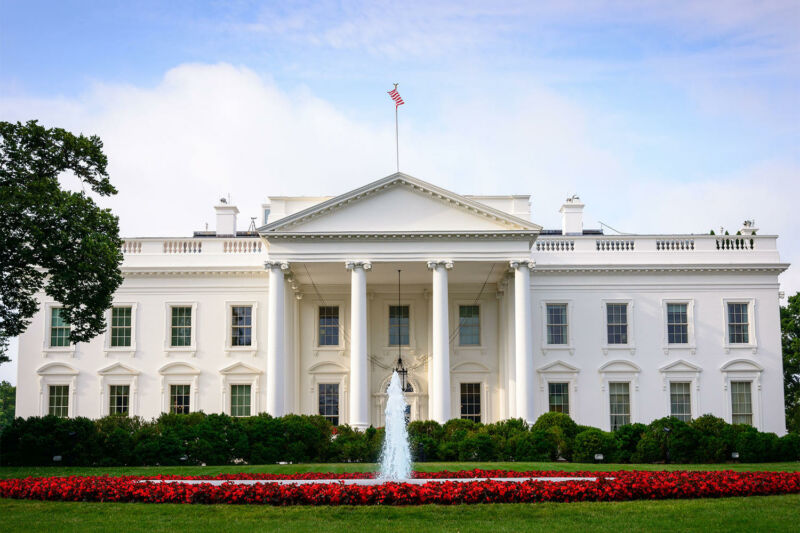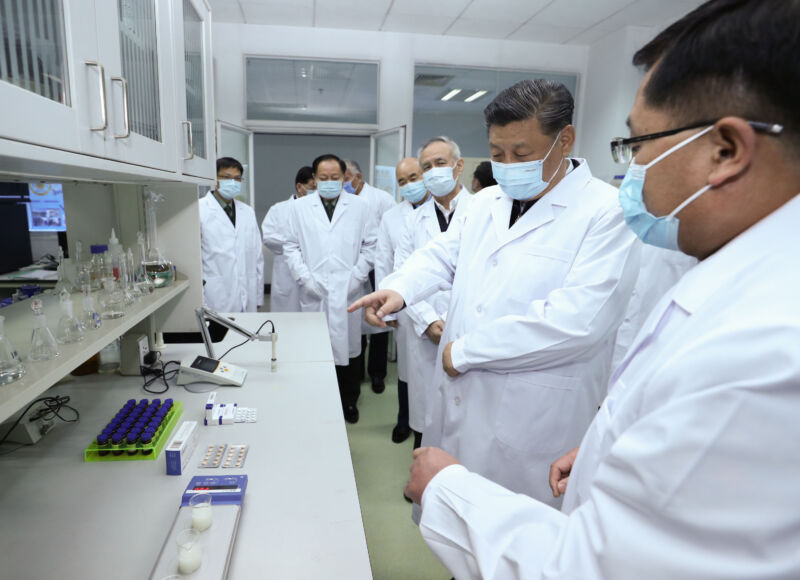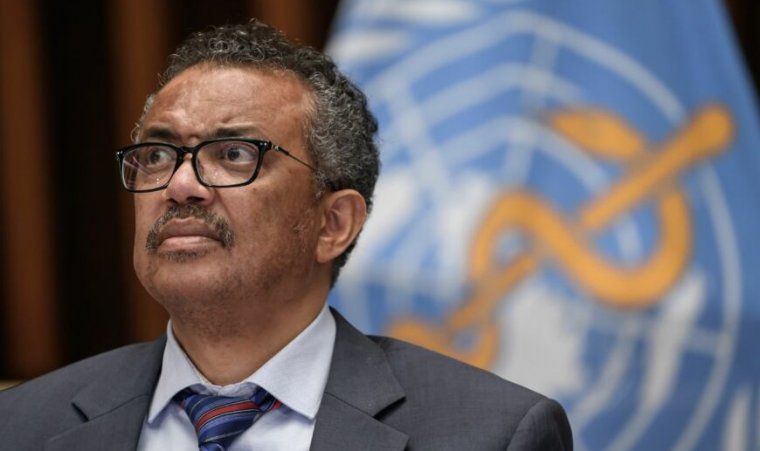-
 chevron_right
chevron_right
Biden pledges to share 20 million COVID-19 vaccine doses with the world
Beth Mole · news.movim.eu / ArsTechnica · Monday, 17 May, 2021 - 22:03
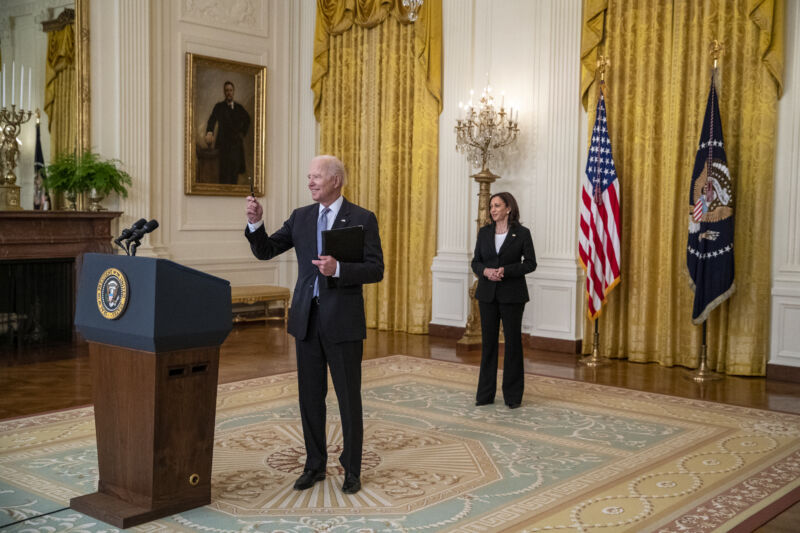
Enlarge / President Joe Biden speaks to a member of the media after delivering remarks in the East Room of the White House with Vice President Kamala Harris, left, in Washington, DC, on Monday, May 17, 2021. Biden plans to send an additional 20 million doses of vaccines abroad by the end of June. (credit: Getty | Bloomberg )
President Joe Biden announced on Monday that the United States will share at least 20 million doses of Pfizer-BioNTech, Moderna, and Johnson & Johnson COVID-19 vaccines with other countries over the next six weeks.
The pledged doses will be in addition to 60 million stockpiled doses of AstraZeneca’s vaccine the administration has previously said it will donate after they’re cleared by the Food and Drug Administration.
The announcement comes amid mounting pressure for the US and other rich nations to share doses with low- and middle-income countries, some of which are struggling with COVID-19 surges amid a dearth of doses. It also comes as the US has a glut of vaccine doses and is now struggling to convince a vaccine-hesitant portion of the population to take the available shots.

